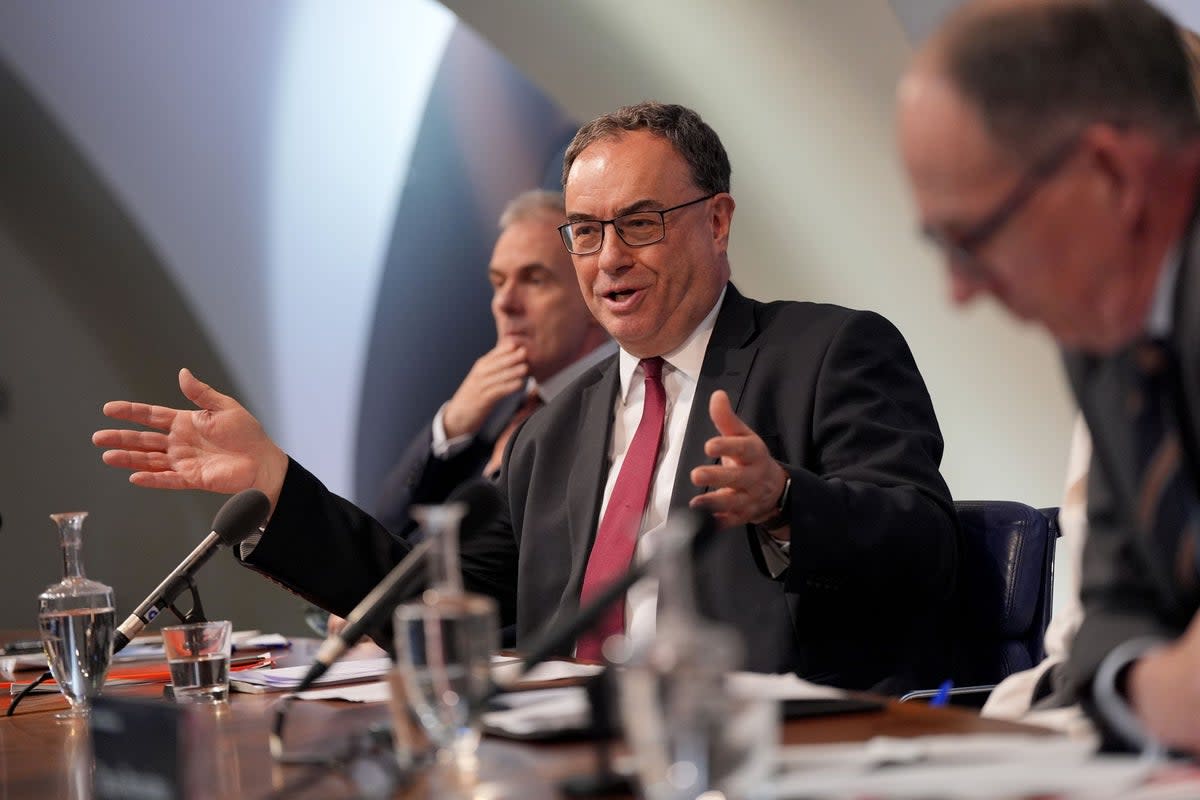OPINION - A summer interest rate cut would be good news – for an incoming Labour government

British political junkies will effortlessly reel off the names of all nine US Supreme Court justices, but their minds go mysteriously blank if you ask them to identify a single member of the Bank of England's nine-strong Monetary Policy Committee (MPC). And frankly, this newsletter has had enough of the Sir Dave Ramsden erasure.
The MPC has voted by a margin of 7-2 to keep interest rates steady at 5.25 per cent, a 16-year high. But in doing so, it has also stoked speculation that when it meets again in June, it will cut rates for the first time since early 2020, when Covid-19 was ripping through the population and a national lockdown had been imposed.
That is because the markets follow not just what central bankers do, but what they say. Governor Andrew Bailey noted that he was "optimistic things are moving in the right direction” after “encouraging news on inflation.” CPI inflation, which stood at 3.2 per cent in March, is expected to fall to the Bank's 2 per cent target soon.
Adding to the (relative) excitement, the number of MPC members voting for monetary loosening doubled from one to two. However, a June rate cut remains on a knife edge, with more hawkish members still worried about wage growth and the higher rate of price inflation in the services sector.
Taking a step back, you may recall that at the start of the year, analysts were predicting as many as six rate cuts. What happened? Well, the goal of squeezing inflation out of the economy has been complicated by a range of factors, not just robust wage growth but also oil price volatility stoked by global tensions.
Additionally – and while they won't admit it – the Bank has been stung by criticism that it was too slow recognise the initial inflationary threat and may therefore be wary of first-mover status when it comes to cutting rates. It would probably prefer to act alongside the US Federal Reserve and European Central Bank, but the former has signalled that rates will stay higher for longer.
How much would a June cut matter, anyway? First, there would be an instant reduction in the cost of borrowing, particularly for businesses on variable rates. Second, there's the sentiment aspect – once the feeling the direction of travel is downwards, everyone starts to feel better about life. Third is the political ramifications – interest rate cuts would help Rishi Sunak with his last remaining (and vaguely credible) economic message, which is that that the country "is turning a corner".
Realistically, however, whatever happens to interest rates in the second half of the year, it is all too late for a Conservative Party brand that is badly damaged by association with the Truss mini-Budget. I mean, just look at these polls. Still, it would be good news for an incoming Labour administration. You'd always prefer to be elected into a world of falling rather than rising interest rates.
This article appears in our award-winning newsletter, West End Final – delivered 4pm daily – bringing you the very best of the paper, from culture and comment to features and sport. Sign up here.

 Yahoo News
Yahoo News 
